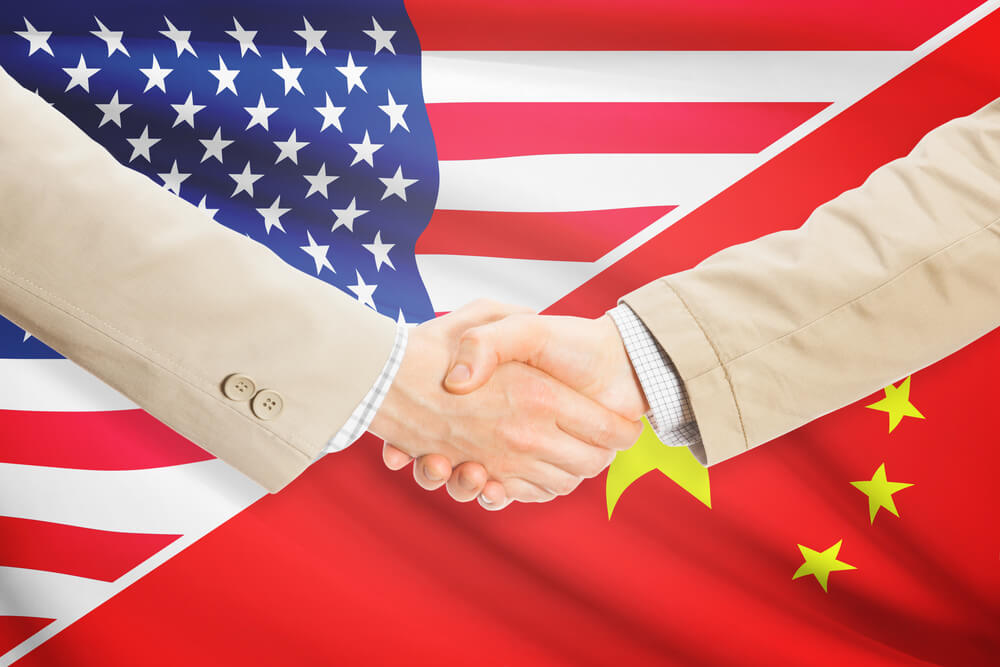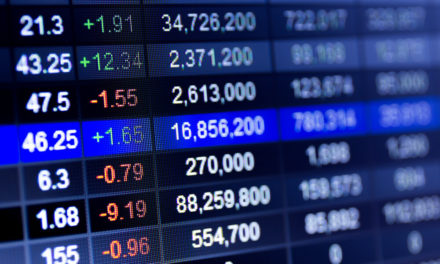The trade battle between the U.S. and China has waged on for more than a year now, but there is a potential end in sight. A stock market that has been weighed down by trade and tariff fears the past several months would seemingly be in for a shot in the arm if a trade truce is reached.
But not so, says Shawn Matthews, the founder of macro fund Hondius Capital Management. In fact, it could lead to a massive sell-off, Matthews said in an interview with MarketWatch.
Matthews said the market was “looking for the central bank to be on hold, which clearly happened, and for a China deal to occur and people will then look at the positions in their portfolios and reassess their risks.”
That set up is likely to lead to more selling than buying, Matthews said, echoing similar comments he made during a Bloomberg interview on Tuesday. “Right now, it’s a risk-on mentality — you want to be long riskier assets until you get a deal with China,” the former head of Cantor Fitzgerald LP’s broker-dealer unit told Bloomberg.
Indeed, markets have rocketed higher since late December on the back of optimism about a wait-and-see stance on further rate increases and the possibility of a slower unwind of a $4 trillion-plus asset portfolio by the Federal Reserve, as well as a series of reports implying that trade talks between Beijing and Washington were making progress.
Since accelerating a December sell-off on the last trading session before Christmas, the Dow Jones Industrial Average DJIA, -1.12% and the S&P 500 index SPX, -1.23% have both gained more than 16%, while the Nasdaq Composite Index COMP, -1.38% has advanced by 19.3% over the same period.
In other words, a potential Sino-American trade deal is already baked into stock prices and may result in a sell-off rather than a rally once an agreement is reached, in keeping with the market adage, “buy the rumor, sell the fact.”
Matthews speculated that a deal might get struck in the coming weeks, just ahead of the March 1 deadline, but the magnitude of the market’s reaction would depend on the details of any agreement. The U.S. will be sending chief trade negotiator, Robert Lighthizer, and Treasury Secretary Steven Mnuchin to Beijing early next week to advance talks, Mnuchin said in a television interview, confirming a report in The Wall Street Journal.
Matthews said he doesn’t envision stocks climbing much higher than where they presently stand, particularly in an environment in which investors are wrestling with slowing global growth and the potential that interest rates will resume climbing, even if the Fed’s monetary policy appears to be on the hold for the moment.




